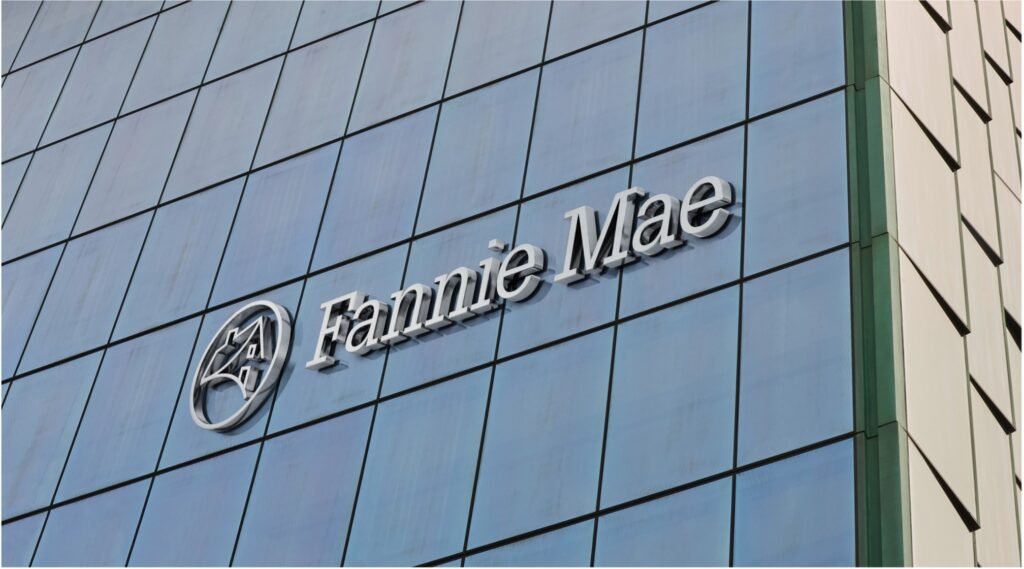True, we’ve got to use a colloquial, not legal, sense of the word “steal” here. But the shareholders of Fannie Mae (OTCQB: FNMA) and Freddie Mac (OTCQB: FMCC) can indeed now claim that a court has said that their companies, their shares, were stolen from them. Just to make sure here, we are using that verb in the colloquial sense, not the legal one.

The background here is that the two went resoundingly bust in the 2007/2008 time frame. That vast bubble in US housing burst and the mortgage bond guarantors all went bust. This is also when AIG went down of course. But Fannie and Freddie (more formally, the Federal National Mortgage Association and the Federal Home Loan Mortgage Corporation) were the guarantors of tens of millions of mortgages and thus the bonds composed of them. As the movie (and book) The Big Short narrated, this turned out to be a bad idea.
This current case is nothing to do with this at all. Rather, at that time there was a refinancing of both. Which, well, it sorta worked. There was both public and private money in that refinancing, In 2012 the Feds then changed the terms of those refinancings: “The jury found that Fannie and Freddie’s regulator acted improperly when it directed the companies to send their profit to the federal government instead of to make dividend payments to shareholders. “ This is where we get to those fine gradations of that verb “to steal”. Because if all profits go to someone else then yes, we can – colloquially – say that someone has just stolen our shares. The current value of a stock or a share is all the future income to come from it. If that’s now zero then the stock’s worth zero. Well, perhaps the hope value of the lawsuit to overturn that decision of course.

As in this: “That all changed in August 2012, when the government amended the terms of the bailout. The 10% dividend was canceled, and the companies were now required to hand over all their profits to the Treasury in a so-called “net worth sweep.” With the companies stripped of the right to retain earnings, any value left in their legacy junior preferred stock evaporated. Shareholders were not happy. “ Not happy is one way of putting it of course.
What made it all rather more cruel. 2012 was when the two were just about returning to profit. Yes, obviously, their balance sheets were a disaster area, it could have taken decades to rebuild value and so on. But one of the big things was that at Fannie Mae there was some $50 billion in tax losses. Now, if you’re never going to make a profit ever again these are worth nothing. But if you do start making profits then those are worth, well, they’re worth $50 billion on your balance sheet. Because you can use them to offset the tax on your future profits. If you are forever unprofitable then they’re worth nothing, if you’re profitable – even if balance sheet insolvent – then they’re worth that $50 billion.
The Feds did that value sweep just as Fannie Mae‘s tax losses went from being valueless to being valuable again. So, you know, sharp timing. At best that’s just sharp timing.

So, as the jury just ruled: “The jury determined the Fannie Mae junior preferred shareholders should receive $299.4 million in damages, the Freddie Mac junior preferred shareholders should receive $281.8 million in damages, and the Freddie Mac common stock shareholders should receive $31.2 million.“ Which, again colloquially, we can say is that the court, or at least the jury, claims that the Feds stole Freddie Mac and Fannie Mae from the shareholders. Which is why compensation is due.
At which point we’ve two investing points. The first is that yes, there is a market in gambling upon court decisions in the US. It’s gambling because the courts in the US can be odd in their decisions. But out there, in OTC stock-land, there are speculations for the brave. Choose wisely, of course.
The second and much more important point is that there is political risk in every investment, bet, speculation or trading position we take. Governments coming along and trying to steal our stuff is not limited to weird places like North Korea, Tanzania or Argentina. True, the American experience can be that eventually the courts will catch up but that’s not a huge comfort when it takes a decade.
Political risk is always a risk – don’t, ever, forget that.